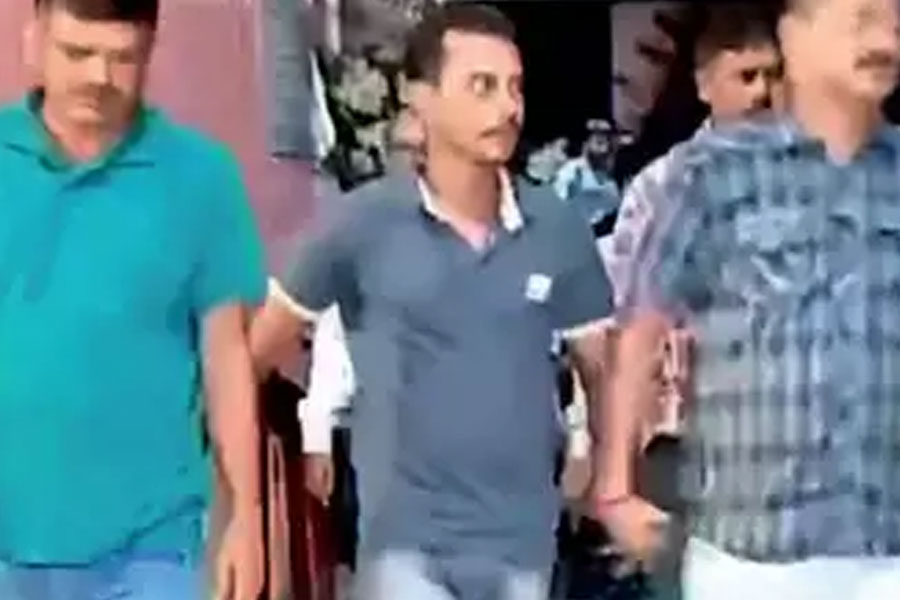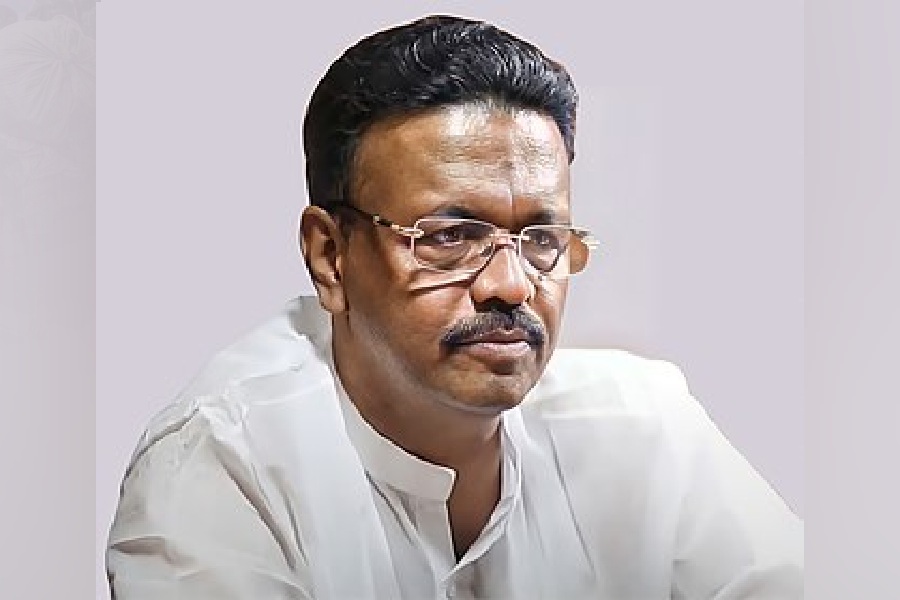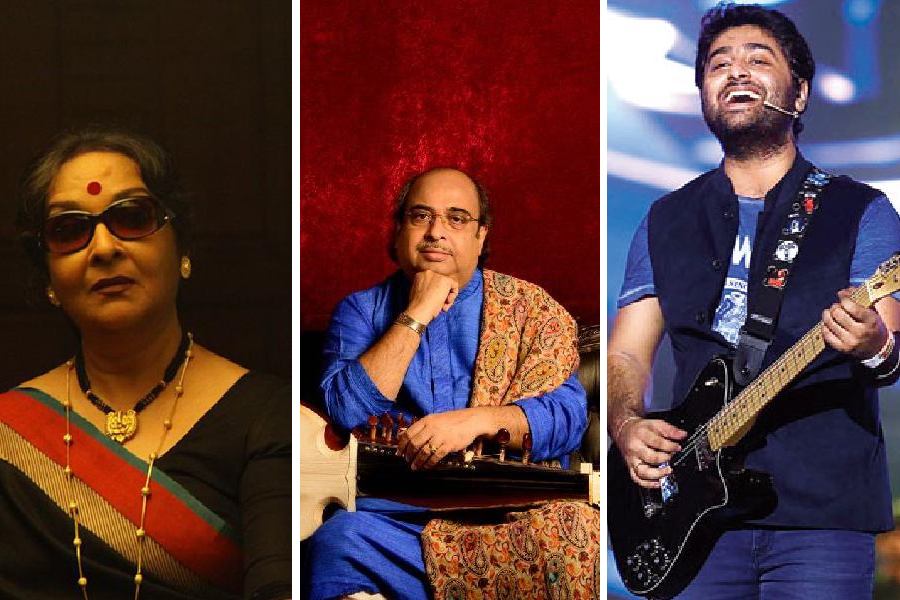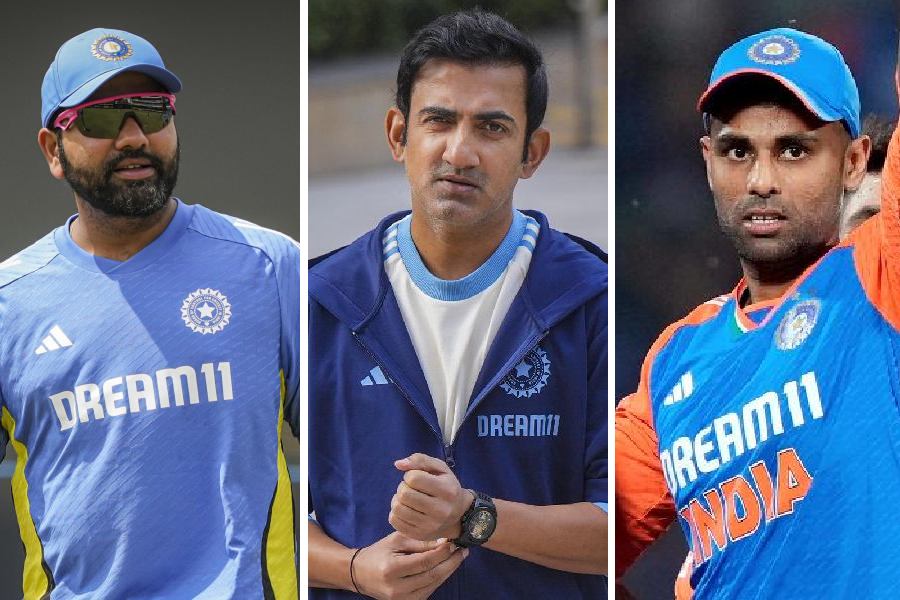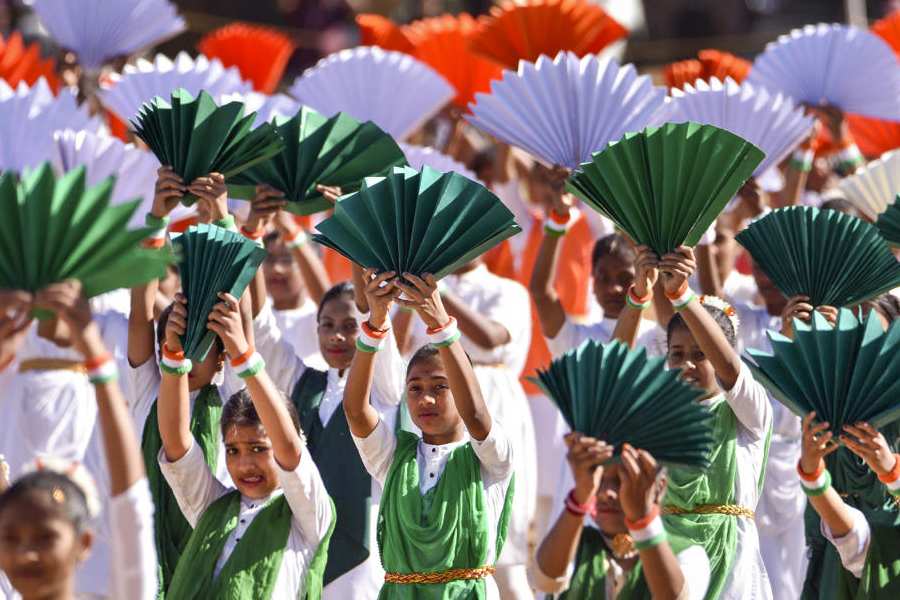Amid the raging debate over a Kolkata court sentencing R G Kar hospital rape-murder convict Sanjay Roy to life imprisonment till death, legal luminaries are unequivocal in their stand against awarding capital punishment to anyone.
The Sealdah sessions court had on January 20 held Roy guilty of the rape and murder of an on-duty medic at the state-run RG Kar Medical College and Hospital, and sentenced him to life imprisonment till the end of his natural life.
Holding that death penalty is undemocratic and irreversible, former Supreme Court judge Ashok Ganguly said such a punishment should, therefore, not be continued in a free, democratic country.
Asserting that the demand for capital punishment to Roy is not just, he said in more than 150 countries across the world, there is no death penalty.
He said that in Europe, there is no country where death penalty is allowed, and in America, too, there are various states where capital punishment is not awarded.
"We always cry for death penalty because we think that's an easy solution,” Ganguly told PTI.
But the facts would show it is not so, he said, pointing out that in the Nirbhaya case, four persons were given the death penalty.
"Thereafter, these incidents of rape and murder have not been on the wane. It has rather increased. Death penalty has failed as a deterrent," the former Supreme Court judge said.
"In this case, the judge of the sessions court was right in not awarding the capital sentence in as much as the investigation is not yet complete," Ganguly said.
Holding that the rape and murder of the R G Kar hospital medic does not meet the stringent criteria for being classified as "rarest of the rare", the Sealdah court judge had observed one must rise above the primitive instinct of an eye for an eye.
"In the realm of modern justice, we must rise above the primitive instinct of 'an eye for an eye' or 'a tooth for a tooth' or 'nail for a nail' or 'a life for a life'," Anirban Das, Additional District and Sessions Judge, Sealdah court, observed in his judgement delivered on January 20.
The judge said that the measure of a civilised society lies not in its ability to exact revenge, but in its capacity to reform, rehabilitate and ultimately to heal.
Senior advocate and parliamentarian Bikash Ranjan Bhattacharya said the provision of capital punishment should be immediately abolished.
"In a democratic country in the 21st century, capital punishment is barbarous and uncivilised," he told PTI.
Bhattacharya opined that even if there is a provision for capital punishment, that should be awarded by the Supreme Court in rarest of the rare cases.
The judge must be convinced judicially that a crime falls under that category on the basis of perspectives of the evidence produced before him, he said.
"In this case, the judge did not find so, and as such the punishment that was awarded is in effect the highest punishment," he said.
Former West Bengal Advocate General Jayanta Mitra said he is completely against capital punishment, and that he does not believe in an eye for an eye or tooth for a tooth.
"In this case, I am glad that capital punishment was not awarded, because there are a lot of things that will come out in the future. This man has to live to tell the story," Mitra told PTI.
Maintaining it is not convincing that one man could perpetrate such a gruesome crime in which the postgraduate trainee was brutally raped and murdered with her body bearing several injury marks, he said it is likely that more people were involved.
Ganguly said a supplementary chargesheet by the Central Bureau of Investigation (CBI), the probe agency in the RG Kar hospital case, is still awaited.
Noting that the CBI has committed before the Supreme Court it will submit the supplementary chargesheet, Ganguly said unless the investigation is complete, capital punishment cannot be awarded.
"On top of it, merely because the incident of crime is ghastly, it does not call for capital punishment," he said.
Stating that the apex court has made it clear it is only in the rarest of rare cases can capital punishment be awarded, Ganguly said the Sealdah trial court judge has said the RG Kar hospital incident does not fall in that category.
"You have to consider the crime, the nature of the crime and also the criminal," he said.
Ganguly said the criminal's antecedent, his aggravating, mitigating circumstances have to be weighed very carefully before ordering the death penalty.
"The state has to prove affirmatively by evidence that the accused is a menace to society and he has no chances of future reform," he said.
He said in this case, the CBI, which investigated the crime after being handed over the probe from the Kolkata Police by the Calcutta High Court, has failed to prove that Roy is incapable of being reformed and is a menace to society.
Except for the headline, this story has not been edited by The Telegraph Online staff and has been published from a syndicated feed.

